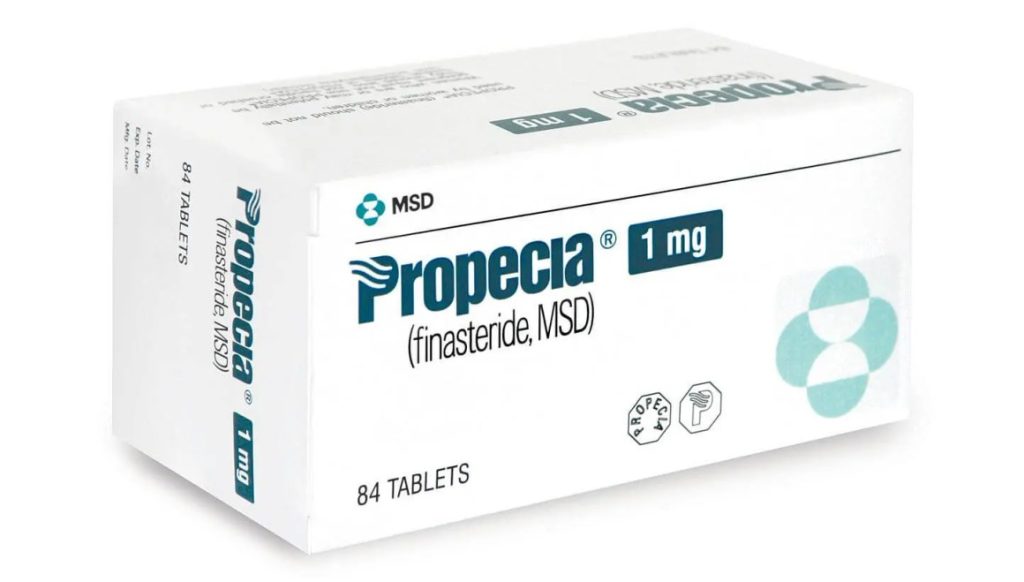European dermatologists have collectively issued a guideline for treating androgenetic alopecia (Kanti et al., 2018).
MagicTX is developing a pipleline of proprietary assests to provide break through therapies in neglected indications such as androgenetic alopecia. Besides subjective assessments by patients, techniques to objectively assess hair count/density is the most important clinical practice for long-term follow-up. Global photographic assessment is the most effective in evaluation of hair growth, as the whole scalp hair is evaluated in a standardized way, and patient and investigator perceptions can be excluded.
Minoxidil single therapy is effective in both males and females.
In Minoxidil + 5-alpha-reductase inhibitor combinations, produce combination benefits in males.
Adverse effects of 5-alpha-reductase inhibitors are gynaecomastia; testicular pain; hypersensitivity reactions; impaired sexual function, including erectile dysfunction, ejaculation dysfunction, reduced ejaculate volume and loss of libido. A possible negative impact on spermatogenesis has been observed in men with pre-existing conditions relating to infertility.

A possible depressive alteration of mood after finasteride use has been reported in patients with a predisposition to psychological disorders. Post-finasteride syndrome is also being discussed, defined as various symptoms persisting for months or years after discontinuation of finasteride treatment, including sexual dysfunction, loss of libido, depression, suicidal ideation, impaired cognition, fatigue and decreased penile sensitivity, probably occurring preferred in men with a history of sexual dysfunction or a personal or family history of psychiatric illness. In patients with active depression or current sexual dysfunction, finasteride is therefore contraindicated.
Kanti, V., Messenger, A., Dobos, G., Reygagne, P., Finner, A., Blumeyer, A., . . . Blume-Peytavi, U. (2018). Evidence-based (S3) guideline for the treatment of androgenetic alopecia in women and in men – short version. J Eur Acad Dermatol Venereol, 32(1), 11-22. doi:10.1111/jdv.14624